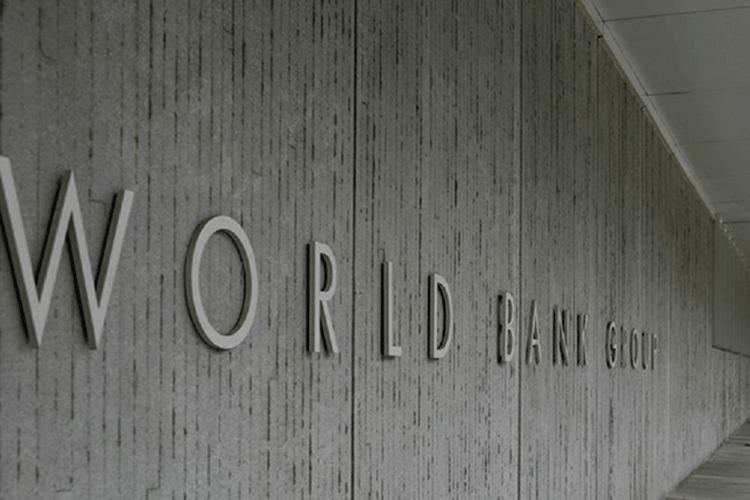World Bank Report: “Beware Of Continued Money Printing… Hard Currency Reserves Will Run Out Within 17 months”

In its latest assessment report, the World Bank warned against the continued printing of money in Algeria, calling for a more prudent currency decisions, while the inflation rate is expected to hike this year to more than 7.5 percent as the country’s hard currency reserves will be depleted, it said, within 17 months after the end of 2017, and may only cover 5 months of imports up to the year 2020.
According to the APS news agency, the World Bank announced that growth in Algeria could “resume quickly” in 2018 as a result of new financial measures related to investment financing.
In its report on the follow-up to the economic situation in the Middle East and North Africa region, the expected economic growth could resume swiftly in 2018 as a result of the financial extension path, which will stabilize at 3.5 percent against 2.1 percent in 2017.
The World Bank, in its latest report on the global economic outlook published last January, bet on 2.2 per cent growth in 2017 compared with 3.6 per cent in 2018. The World Bank said that the slowdown in 2017 and the 3.3 per cent achieved in 2016 was due to the weak results of oil production, which dropped by 1.4 percent last year, which is contrary to the dynamics recorded during the first quarter of the year.
According to the WB report, “the production of new oil wells is still being appraised and will spur Algeria’s economic growth.” After a strong resumption of growth in 2018, it will fall to 2 percent in 2019 and 1.3 percent in 2020, according to World Bank forecasts.
Thus, the fiscal deficit may rise to less than 11.4 percent in GDP in 2018, and then fall rapidly to less than 5.2 percent in 2019 and less than 1.9 percent in 2020.
The current fiscal deficit, which is expected to stabilize at less than 16.1 percent of GDP in 2018 and less than 12.7 percent in 2019, and will fall below 10.2 percent in 2020.
However, this level is manageable according to the World Bank given the value of the country’s exchange reserves covering 17 months of imports by the end of 2017. The country’s exchange reserves may only cover 5 months of imports by the year 2020, it noted.
On the other hand, the inflation rate stood at 5.5 percent in 2017, and in 2016 it was set at 6.4 percent and may reach 7.5 percent in 2018 according to the same forecasts.
Unemployment meanwhile rose to 11.7 percent in 2017 from 10.5 percent in September 2016, according to the World Bank Report.








